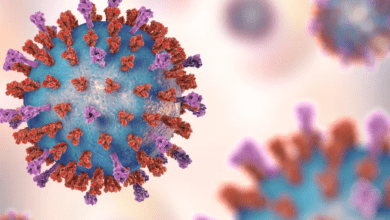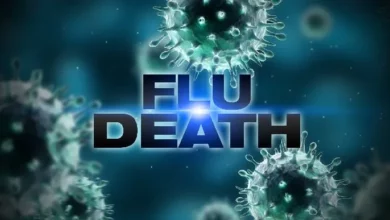WHO, WADA sign memorandum of understanding to collaborate on clean, drug-free sport

The World Anti-Doping Agency (WADA) and WHO have signed a four-year memorandum of understanding (MOU) to allow experts from both international organizations to collaborate and share information on issues where anti-doping and public health intersect.
The MOU was signed in Geneva, Switzerland, by WADA President, Witold Bańka, and WHO Director-General, Dr Tedros Adhanom Ghebreyesus. The agreement will run until 1 October 2027 and provides a framework of cooperation between WHO and WADA to further their goals, specifically with regards to health promotion, the prevention of substance abuse and emerging drugs, and the promotion of clean sport.
Mr Bańka said: “The memorandum of understanding signed today with the World Health Organization is a watershed moment that will benefit anti-doping efforts worldwide. WADA leads the global collaborative mission for doping-free sport; and, in so doing, we also protect the health of individuals around the world. One of the three criteria for a substance to be added to WADA’s Prohibited List of Substances and Methods is if it represents an actual or potential health risk to athletes. Through our agreement with WHO, experts from both organizations will be able to work collaboratively to exchange information on emerging substances and reinforce scientific positions that will ultimately benefit not only athletes, but society as a whole.
“WHO’s commitment to health and well-being of society at large fits perfectly with our mission. I want to thank Dr Tedros and his team at WHO for their efforts leading up to this historic agreement and for their commitment to healthy, clean sport around the globe.”
Dr Tedros said partnering with WADA reflected WHO’s commitment to work closely with the sport sector to encourage increased physical activity globally in order to promote healthier lives for all.
“Sport and all forms of physical activity are essential to good health, and competitive sport plays a key role in inspiring people to be more active,” said Dr Tedros. “The use of performance-enhancing substances can harm athletes, and certainly harms sport and those who look up to athletes as role-models. Keeping sport clean, therefore, has benefits beyond the sporting arena for the health and well-being of individuals and societies everywhere.”
The themes of the MOU include:
- prevention and assessment of health risks associated with psychoactive substance use and related disorders, with a focus on doping compounds and substance use among athletes;
- awareness raising and advocacy for clean sport and substance misuse prevention worldwide;
- raising awareness through education initiatives with the support of goodwill ambassadors and influencers to drive positive change;
- collaboration on sub-standard and falsified medical products, including identification of new emerging psychoactive drugs through sharing of information, mutual support, and engagement with sport federations; and
- reporting on abuse and misuse of falsified and sub-standard medical products in sport.
The MOU also aligns with both organizations’ common objective of achieving the United Nations Sustainable Goal 3: Ensuring healthy lives and promoting well-being for all at all ages. These goals stem from the United Nations’ 2030 Agenda for Sustainable Development, which was adopted by all United Nations Member States in 2015 and provides a shared blueprint for peace and prosperity for people and the planet, now and into the future.
This formal agreement between WADA and WHO follows an initial meeting between the two organizations which took place in April 2023 at the WHO headquarters in Geneva.




